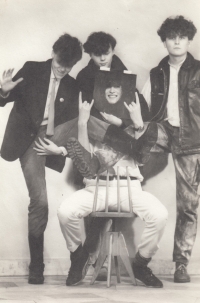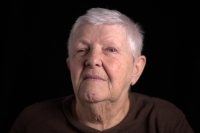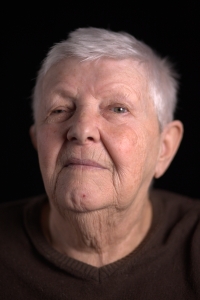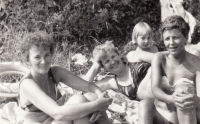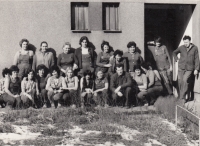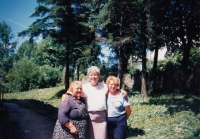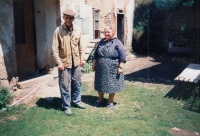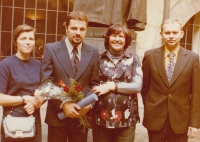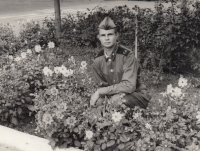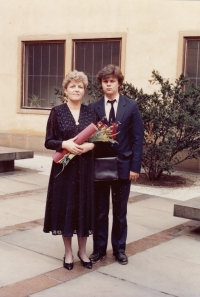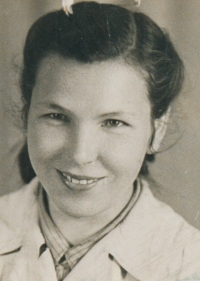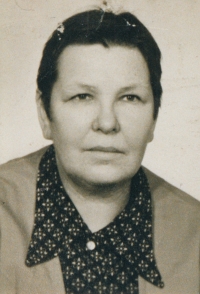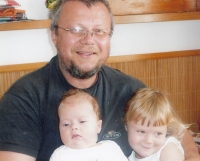One signature changed her life
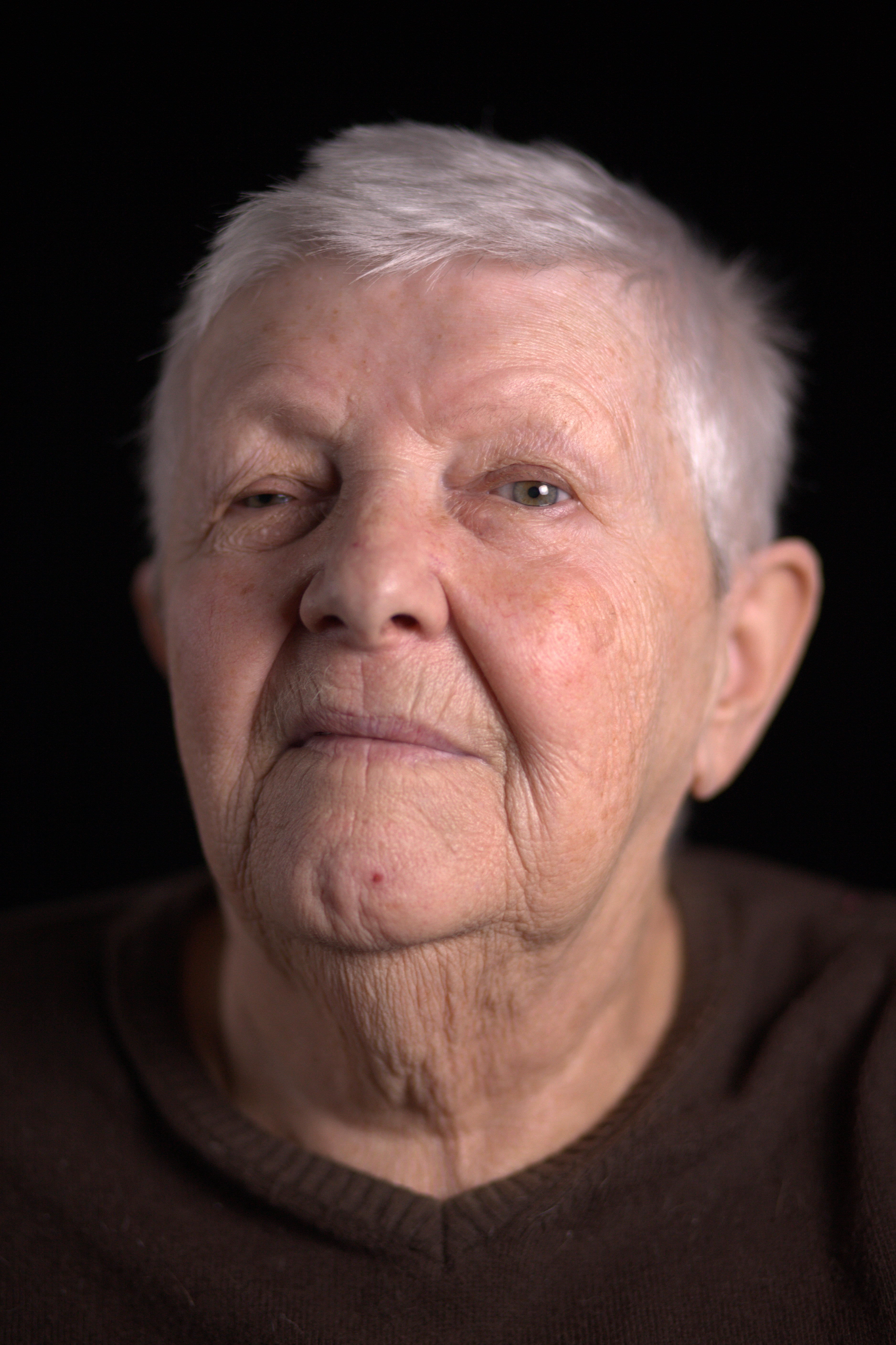
Download image
Marie Šírková was born on 19 May 1946 in Nemilkov near Velhartice in Šumava. Her parents met during forced labour in Germany, her father came from a poor family from Nemilkov, her mother was Ukrainian. Her father, Josef Šírek, was a pre-war communist who believed that the communists would bring a better life to the poor. But his outspokenness was a stumbling block, he lost his job as director of a tractor factory, yet later he stood up for the persecuted family of a landowner from the village where he lived. Mother Maria Kovalyuk was from the village of Maryevka in the central part of Ukraine; both her parents were from wealthy estates. However, the Communists took the family’s property, sending the father to the gold mines and the rest of the family to the Donbas. They returned to their native village during the famine. Marie Šírková studied at the Faculty of Law of Charles University, but did not finish it due to the illness of her son Martin (1967), she was a single mother. Because her mother was from the Soviet Union, she also considered this country her homeland. She changed her mind in 1968 after the August occupation. Her mother believed Soviet disinformation, and her cousin served in the occupation army. In 1971, Marie Šírková joined Sola Sušice as a worker and studied at the Faculty of Law of the Charles University by distance learning in 1975-1980. During her studies, she advised colleagues in labour disputes and dissidents in Susice on how to trick State Security Service (StB). In 1980, she signed a petition demanding that a commemorative plaque thanking the US army for the liberation of the town be returned to the museum on the square in Susice. She was not allowed to take her state exam in 1980 and was suspended from the law faculty. She passed it a year later thanks to the fact that the then dean of Prague law Josef Mečl refused to submit to the communist dictate. However, she did not find a job in the field and continued to work as a worker at the Solo company. There she experienced bullying by her superiors and after an incident when she became sick and her boss and colleagues kicked her on the floor, she moved from Sušice to Ústí nad Labem. Thanks to the helpful director of the investor-engineering organisation in Ústí nad Labem, which represented the state as an investor, she was able to start working as a lawyer there. After November 1989, she briefly headed the Civic Forum in the Ústí nad Labem branch of the company, but was disappointed that her colleagues were only interested in how to oust the director, who had employed many people during the regime who would otherwise not have found work in the field because of the political problems. In the early 1990s, she joined the Chamber of Commercial Lawyers and started working as an independent lawyer. Her clients were mainly restitution lawyers. Even in retirement (2024) she provides legal services, especially to poor people in cases where she feels injustice.
